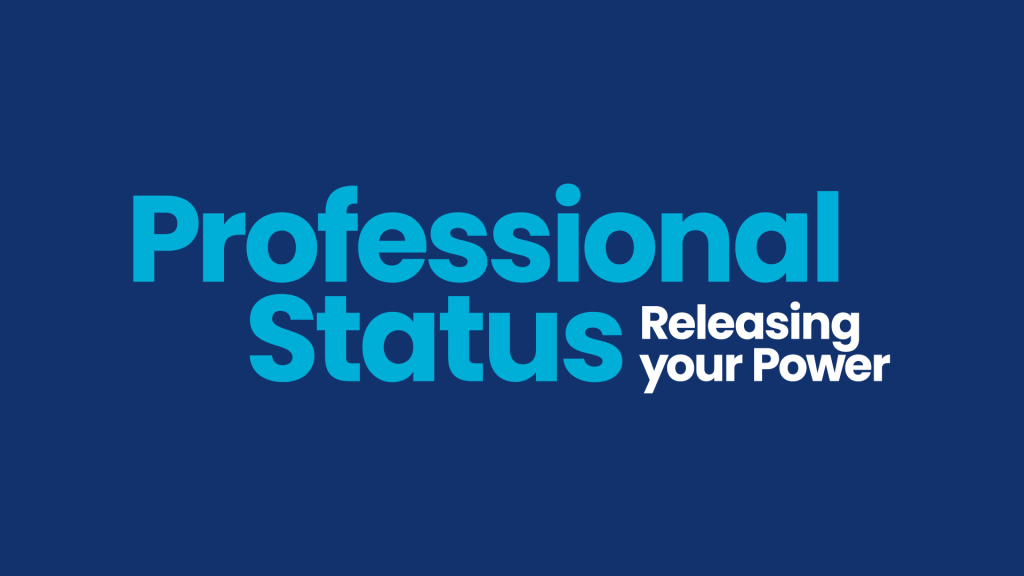Clare Dunn, Associate Director of Business Engagement
Professional status has now gone live, marking a real turning point for the sport and physical activity sector. For a long time, employers have asked for a way to recognise not just the qualifications that people hold, but the real skills, knowledge, competencies and experience they bring to their roles. That recognition now exists, and it offers every organisation the chance to strengthen its workforce, demonstrate its credibility and create clearer career pathways for staff. The challenge is no longer waiting for the system to arrive — it’s deciding how to embrace it and lead, or risk being left behind.
At its heart, professional status provides confidence. It goes beyond listing certificates to give employers an assurance of what people are capable of in practice, creating a consistent benchmark that can be trusted across the sector. This shared language transforms recruitment, progression and workforce planning. When you hire, develop or promote staff, you know you are working to a standard that reflects the demands of the role rather than relying on guesswork or an array of different qualifications. For employees, that same framework provides a clear roadmap for growth and recognition, helping them understand how they can develop and progress over time.

The benefits don’t stop there, because embedding professional status strengthens an organisation’s external reputation as well as its internal culture. When staff hold a recognised professional status, complete with digital credentials that make their skills and achievements visible, it sends a powerful message to commissioners, funders and customers. It shows them that you take quality and accountability seriously and that your people meet recognised national standards. In a sector that increasingly has to demonstrate its value to health systems, education providers and local government, this kind of credibility is not simply a nice-to-have. It is becoming a real competitive advantage.
For employees, professional status changes how they see both their role and their employer. Knowing that their organisation is prepared to invest in their development and celebrate their professional standing creates a sense of pride and belonging that is hard to replicate. That, in turn, improves retention and makes you a more attractive employer to future talent. In a marketplace where recruitment is tough, this can be the difference between struggling to fill roles and building a loyal, motivated workforce.

So how should employers begin?
The first step is to get to know the framework and understand the levels of professional status — from Practitioner through to Chartered — and what they represent.
From there, carry out a simple audit of your workforce to see where your staff currently sit, who already meets the requirements, and who might need support to progress. We can help with this.

Once you have that picture, you can begin to weave professional status into your day-to-day practices. That means:
- updating job descriptions and recruitment processes so that they refer to professional status rather than a long list of unrelated qualifications
- choosing training providers whose programmes are mapped directly to professional status progression
- making sure that appraisals, promotions and internal recognition link directly to the professional standards framework.
In doing so, professional status becomes more than a badge — it becomes part of your culture.
Equally important is communication so make sure that you talk to your staff about what professional status means and how they can achieve it. Celebrate it when they do achieve it. Share the fact that your workforce is professionally recognised, both internally and externally, and let partners, funders and communities know that your people meet the standards the sector has been asking for.
Ultimately, professional status is not about compliance but about growth and leadership. It provides the means to sharpen your workforce capability, reduce risk in hiring and service delivery, build credibility with stakeholders, improve staff retention and give your organisation a genuine edge in a crowded marketplace. The employers who take this seriously and act now will be the ones attracting and keeping the best people, winning the most important contracts, and setting the pace for the sector as a whole.
Professional status is here. Are you ready to make it a cornerstone of your organisation’s future?
